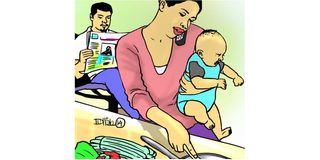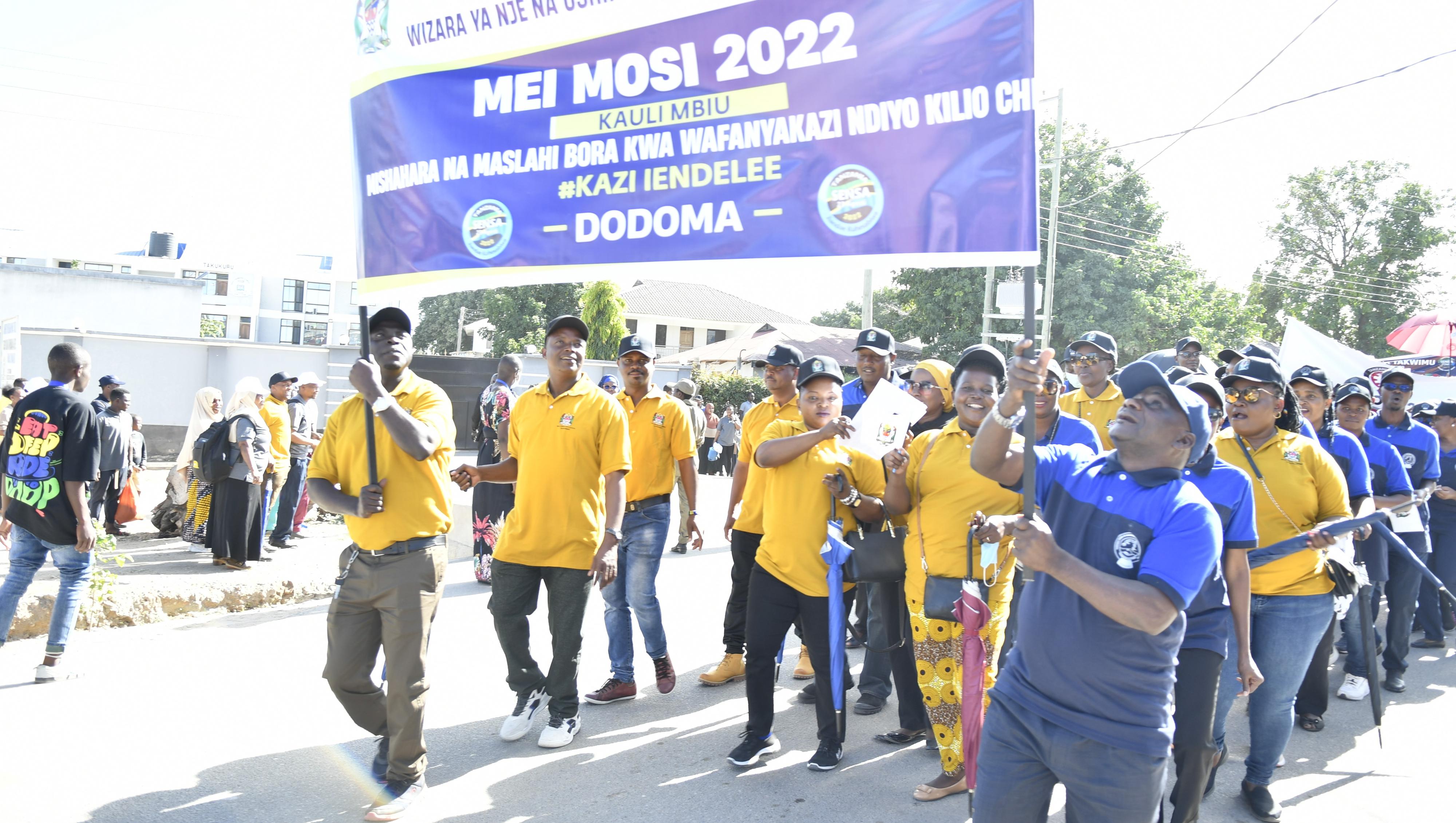Drawing gender-based lessons from Geita Administrative Region

I arrive in Njombe town, the regional head office in the southern highlands, on a freezing night. I am on my way to Tanilingwabati, a small village near Igwachanya, the head office of Wanging’ombe District.
Apparently one of my uncles has passed on, and I - being one of the prominent elders in our clan - have to oversee his funeral arrangements. It has been a long drive from Arusha, almost a thousand kilometres away, and I desperately need some drink to recharge my exhausted bodily systems.
This is why I enter the strategically-located Tale Nightclub, a vibrant joint that is strategically located along the Songea Road. I order my favourite alcoholic poison and some Samosa bites as I perch my generous body on a stool at the bar counter.
Everybody in here - men and women - is heavily clad in coats and scarves on account of the chilly weather. It is winter time in the southern highlands.
A young lady serves me my drink, and sits nearby. She is very slim and light-skinned unlike the other ladies in here whose generous, dark-skinned bodies indicate that they hail from the region or from the nearby regions.
And, true enough, the young and slim lady - whose name I will not disclose here - informs me that she actually comes from Geita, more than a thousand kilometres away, near the shores of Lake Victoria.
I am curious to know how she made her way to Njombe from that far-off place. Hers is a long story. Apparently the 23-year old lass was married at the relatively tender age of 17 years. After her father passed on, her uncle overruled her mother and married her off to an old man with three other wives who was more than able, willing and ready to pay 25 cows for her hand in wedlock.
A year or so in what turned out to be a troubled marriage, she gave birth to a bouncing baby boy. But there was one snag: the baby had six fingers on each of its hands.
This was a disaster. It was seen by some people as a curse and there were serious attempts by her husband and his family members to ‘get rid’ of the baby. Sensing danger, the young mother ran away with her baby to Mwanza. The husband was not amused; not after having paid 25 cows for her - and began searching for her.
That was when a friend of hers, who had somehow found her way to Njombe advised her to join her in Njombe -- and she ended up as a barmaid at the Tale Nightclub. Apart from this employment, she has also opened a small joint where she fries fish for sale, Mwanza style.
On account of her culinary expertise as a a product of the Lake Victoria shores, the girl’s fish joint has become popular with Njombe residents. Her friend had also promised her a plot on which she plans to grow avocados, a promising produce in Njombe Region.
Indeed, hers is a story to behold. It is also an important gender-based lesson we should learn from her and do away with misplaced traditions which undermine the rights of women.
________________________________________________________________
The author is a veteran journalist and communications expert based in Arusha





